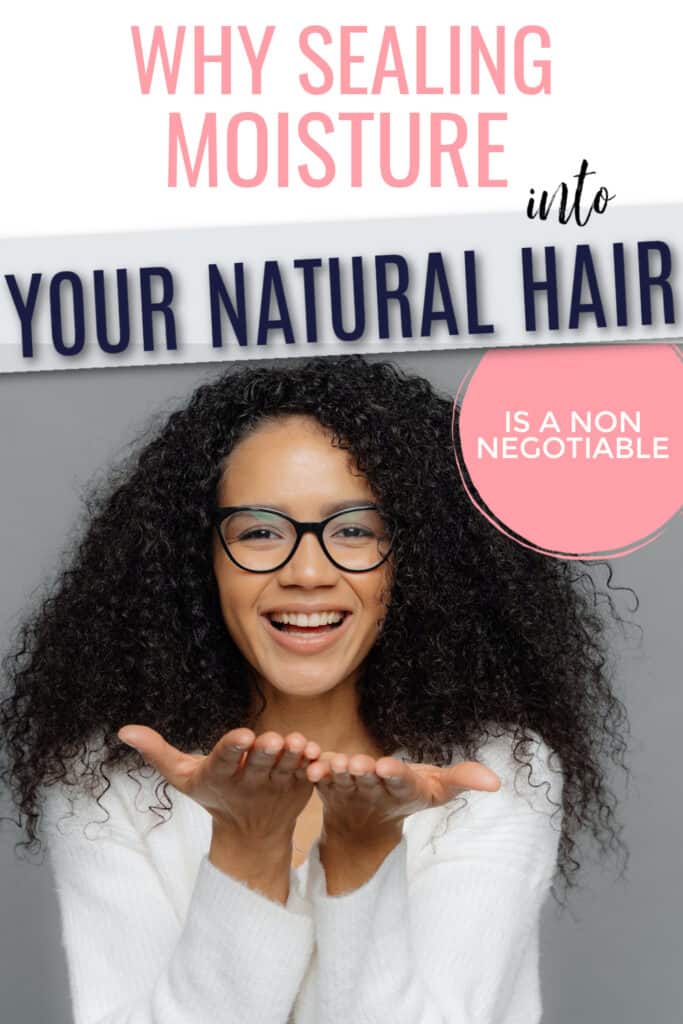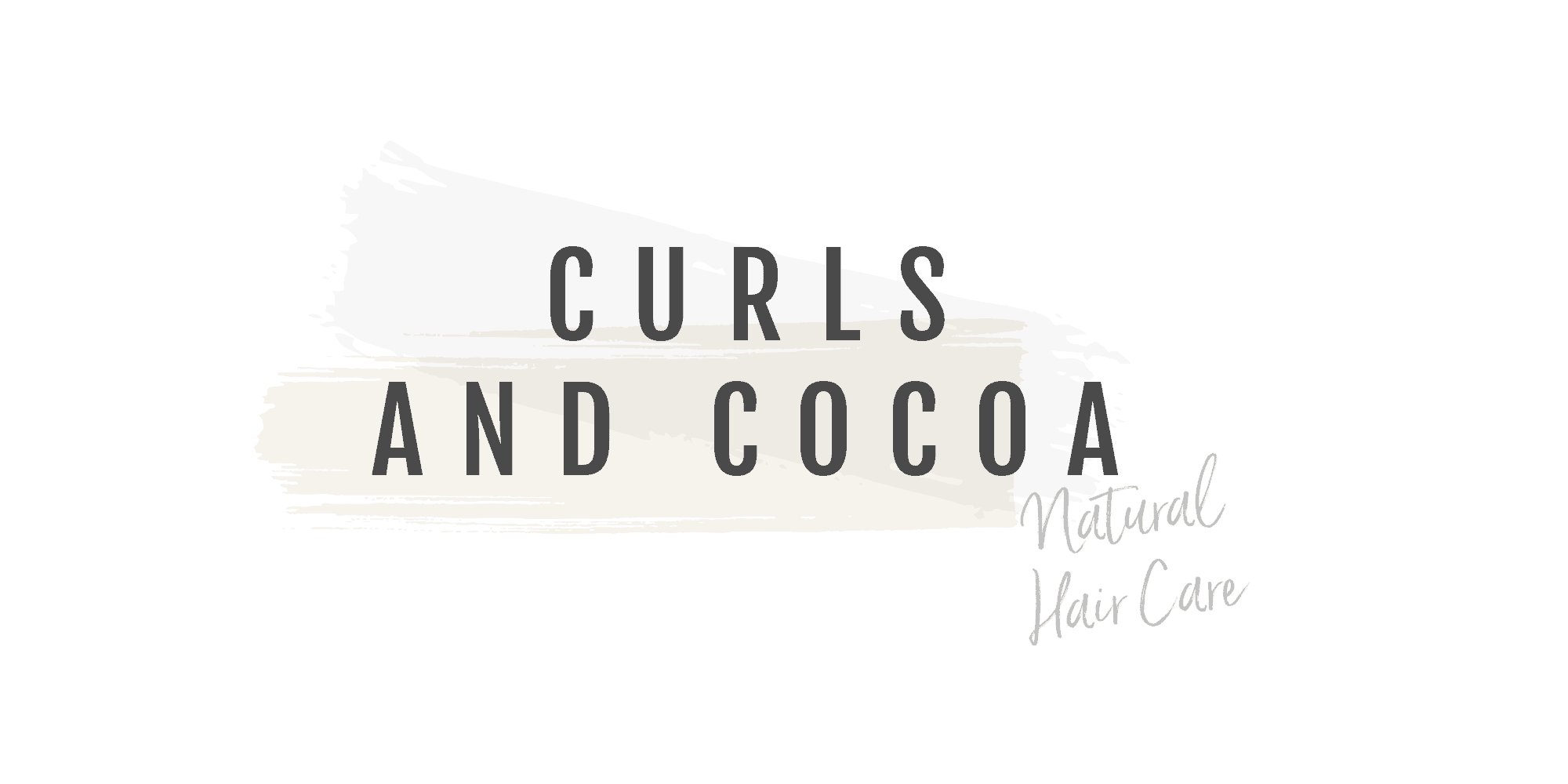The Power of Sealant Oils for Natural Hair
Sealant oils have been an amazing turnaround for many in the natural hair community. With their remarkable ability to lock in moisture for radiant natural hair, it truly has made a difference for many with natural hair.
Grasping the distinction between sealant and moisturising oils became a game-changer in my hair care journey. Sealant oils, unlike their moisturising counterparts, act as a protective layer for your hair. They effectively lock in the moisture provided by water or water-based products. This ensures that our hair strands remain hydrated for a longer period of time.
The use of sealant oils, such as coconut oil, jojoba oil, and grapeseed oil, can significantly enhance the health of our hair. These oils are not just mere additions to our hair care routine; they are essential for combating dry scalp, reducing hair breakage, and promoting length retention. The magic happens when these oils seal the moisture into our hair cuticles, keeping the hair hydrated and nourished.
Key Takeaways:
- Understanding the difference between sealant and moisturising oils is crucial.
- Sealant oils protect and enhance hair health by locking in moisture.
- They play a vital role in preventing dry scalp and promoting hair growth.
***Please note that this site uses affiliate links if you would like to read the legal stuff you can find it here

Identifying the Best Sealant Oils
Coconut oil, with its lauric acid and ability to mimic the hair’s natural proteins, acts as a powerful guard against protein loss. It doesn’t just sit on your strands; it penetrates deeply, ensuring moisture stayed locked in.
Then there is grapeseed oil, a lightweight champion for those of us who fear weighed-down locks of hair. Its high content of linoleic acid made it a superhero for moisture retention without suffocating your hair. It’s ideal for fine hair, it also proved it’s might by offering a protective layer against harsh UV rays, which we can all appreciate.
Lastly is jojoba oil. Jojoba oil is a great oil because it mimics the sebum naturally produced by our scalp, it became a master at balancing oil production. This ensures that if you have dry ends and oil-prone roots, you hair would have the benefit of getting what it needed.
It’s as though jojoba was specially designed for us, regardless of our hair’s porosity or type, making it a jack of all trades in the natural hair care world.
Sealant Oil Application Techniques
It’s always best to start with damp hair if you want to seal in moisture. This will ensure your hair strands are primed and ready to receive the moisture.
Next take your favourite sealant oil such as coconut oil, grapeseed oil, or jojoba oil.
These heavier oils will sit on top of your hair, functioning as a protective layer against UV rays and preventing moisture loss.
Pour a small amount into your hands, warm it up by rubbing your hands together. Gently work it through your hair, focusing on the ends which are prone to dryness and split ends.
Follow the LOC method – an acronym for liquid, oil, cream. It’s one of the best ways for those of us with natural hair to layer products for optimal moisture retention.
Lastly you should apply a cream or leave-in conditioner to seal everything in.
On wash days, incorporating hot oil treatments into your haircare routine adds an extra boost, promoting healthy hair growth and ensuring your scalp stays nourished.
Embracing this routine is a game changer. Your hair will feel nourished and protected. You may even begin to experience fewer split ends after doing this for some time. It’s a great way to ensure your natural hair remains hydrated for a longer period of time.
Combining Sealant Oils With Other Natural Ingredients
Mixing sealant oils such as coconut oil, grapeseed oil, and jojoba oil with shea butter, essential oils, or avocado elevates their power. These combinations can unlock a treasure trove of benefits.
They cater to the unique demands of diverse hair types. They infuse strands with vital nutrients like fatty acids, vitamin E, and anti-inflammatory properties.
A blend of jojoba oil and rosemary oil has shown remarkable effects on scalp health and hair growth. It remedies a dry scalp and diminishes hair loss. Avocado oil, packed with vitamins and, mixed with some sweet almond oil, makes dry hair rejoice. This concoction seals moisture effectively, preventing split ends and hair breakage.
Shea butter and coconut oil, known for their amazing ability to offer a protective layer over hair cuticles. This duo is a powerhouse for retaining moisture in curly hair. Experiment with these oil blends to find out which works best for you.
Final Thoughts on Sealant Oils for Natural Hair
I learned the hard way that the last thing you want on wash day is for your hair to end up dry and lifeless. The sooner you discover the benefits of sealant oil the better. These oil have taught me a lot about moisture retention and the protective layer they form over each strand of hair.
Experiment and combine the oils with shea butter, essential oils, and even mango butter for that extra nourishment. It’s fascinating how a small change in your haircare routine, like incorporating a pre-poo treatment with coconut oil, can make such a significant difference.
Find the right oil, whether it’s sweet almond oil for your split ends or Jamaican black castor oil to help with hair growth. Don’t shy away from mixing and matching different oils and natural ingredients. Your natural hair is a crown that you never take off. Treat it with the best oils and watch as it thrives, becoming more beautiful and healthier. Remember, embracing natural hair care isn’t just about aesthetics; it’s about nourishing your hair from the inside out.
Related posts:
The best butters for natural hair shine
Is coconut oil really good for natural hair?
Prevent natural hair spilt ends with these tips


